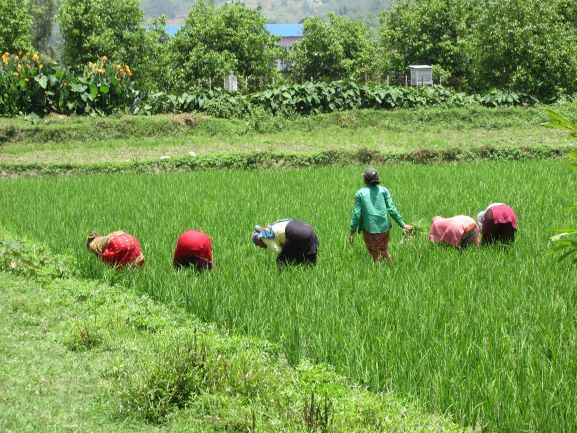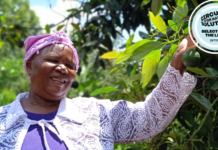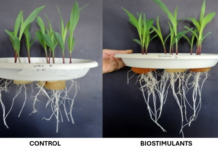A new five-year £30 million UK Department for International Development (DFID) funded programme is aiming to improve the livelihoods of 565,000 smallholder farmers and their families in Uganda, Malawi and Nepal by stimulating investment in emerging agri-markets.
The Commercial Agriculture for Smallholders and Agribusiness (CASA) programme, a key part of which is led by NIRAS in partnership with CABI and Swisscontact, will see at least £4 million of additional investment mobilised into six agricultural market systems and the growth of SME agribusinesses resulting in at least 3,000 jobs in the three countries – Uganda, Malawi and Nepal.
At least half of those to benefit from the programme will be women farmers and at least 30 percent of whom are living on under $2 a day. It is expected that those participating will see their incomes increased by up to £80 a year as well as positive changes in nutrition, climate resilience, with women being empowered at business, and household level.
CASA will focus on supporting sesame and beans in Uganda, poultry and aquaculture in Malawi and dairy and vegetables in Nepal.
Ultimately, CASA aims to improve the livelihoods of farmers by facilitating their equitable engagement in expanding commercial markets while enhancing the sustainability and climate resilience of farming systems and supporting the conservation of biodiversity and ecosystems.
NIRAS will assume the overall responsibility for programme management of the programme’s work in these three countries and also its global learning and influencing activities. The consortium will draw upon extensive experience in gender mainstreaming. For example, NIRAS have implemented multiple ‘gender help desks’ as part of a previous collaboration with the EU, EBRD and SIDA.
Kristina Mastroianni, NIRAS’ Technical Director for Agriculture and also CASA’s Programme Director, said, “The programme is a unique opportunity to achieve real systemic change through researching concrete practices of value chain development and showing investors what a great business case smallholder farming systems can be.”
CABI’s expertise in communications and engagement activities will also help place knowledge into the hands of investors in agribusiness by reaching at least 1,000 government, donor or business stakeholders face-to-face through three Smallholder Investor Summit events in East and Southern Africa and Nepal.
Dr Dennis Rangi, CABI’s Director General – Development, said, “By working together to foster the importance of agriculture as a business, we can make a difference in empowering smallholder farmers, both male and female, to increase their yields and improve their livelihoods and ultimately strengthen local, national and global food chains and food security for all.”
Swisscontact will draw on years of global inclusive markets systems experience, including women’s economic empowerment and through their active engagement in the regions will ensure a cost effective and fast approach to building the design and implementation capacity as well as confidence of the country teams.
Ailsa Buckley, Swisscontact’s Senior IM mentor for Central, East and Southern Africa believes, “CASA is the perfect opportunity for us to partner with system actors to demonstrate sustainable and scale-able business models that promote smallholder aggregation and agri-investment.”
In addition, some of the innovations and achievements of the programme will be covered by SciDev.Net – the world’s leading source of reliable and authoritative news, views and analysis about science and technology for global development.









